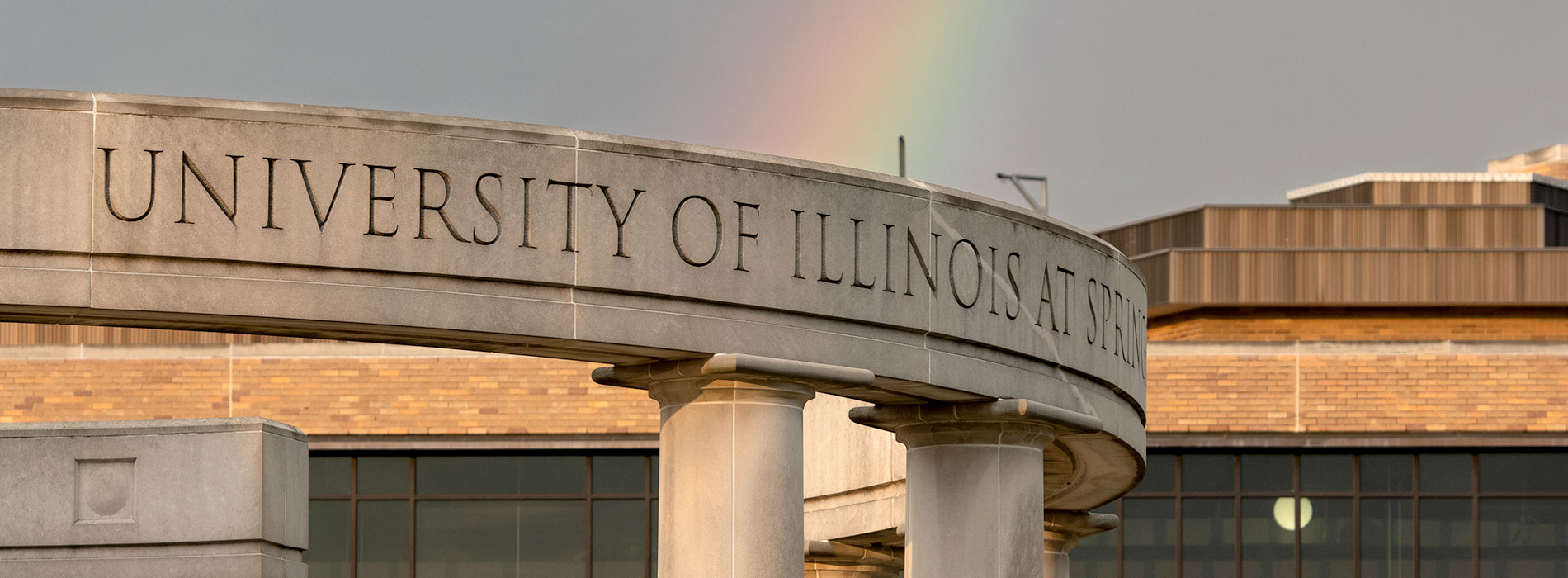Plagiarism is not an aspect of writing to be taken lightly. It is a serious violation that shows writers’ lack of ethical standards and depletes their credibility as researchers and honest writers. The consequences of plagiarism, even if it is unintentional, can often be quite severe and can lead to failing an assignment, course, or even expulsion from a university. Whenever a writer takes the ideas and work that has been penned or created by another, that writer betrays those individuals and prevents them from receiving their deserved acknowledgement.
Most colleges and universities have an academic integrity policy, which outlines their policies and procedures in regards to plagiarism. In our Academic Integrity Policy Quick Fact Sheet, we review how violations, ranging from unintentional to more serious violations, are viewed in the eyes of the university. Students should make themselves aware of these policies so that they will write honestly and authentically. Below, we outline ways students might plagiarize and how they can avoid it.
You’re plagiarizing if you are…
- Accidentally forgetting to add parenthetical citations after a paraphrase or a quote.
- Creating partial citations (either parenthetical or end citations) that are missing information.
- Mislabeling source material by crediting the wrong author or the wrong page number.
- Changing selected parts of an existing paper and claiming the paper as your own.
- Using exact phrases from another source and not citing your sources.
- Presenting other author’s ideas without attributing credit to their work.
- Altering source material, including data, ideas, dates, page numbers, etc. to fit what you are writing about.
- Submitting part or the entire work of something you wrote previously for another course without the permission of the professor.
- Buying a paper from an Internet site, another student, or writer and pass it off as your own work.
- Overly relying on online grammar checkers or citation generators and not verifying they give you the correct information.
- Writing a paper in another language and then feeding that paper through online translators or having someone else translate your work to English.
- Turning in a paper that someone else has written, whether the person has given it to you, you’ve downloaded it from the Internet, or you’ve copied it from any other source.
- Having a friend (or paying someone else) significantly revise or rewrite your paper.
Ways to Avoid Plagiarism
- When you are writing about a topic for which you have little to no knowledge base, pay special attention to your research. Taking necessary time to read and comprehend your sources will allow you to paraphrase, quote, or summarize it properly.
- When citing or providing any kind of direct reference to another piece of work, refresh yourself with different forms of documentation (APA, Chicago [Turabian], and MLA). The citations you employ will likely differ throughout your academic education, so it is helpful to review the rules and conventions of each.
- Keep track of your sources. For each article you find helpful to your research, either save an electronic copy, print it out, or mark in a journal what books and page numbers you may use in your project. When it comes time to cite, having these lists will help you better locate what sources you consulted and utilized.
- Develop a note-taking system that will allow you to distinguish your original thoughts about the articles from the author’s ideas. You can color code to separate your ideas, the author’s direct quotations, and paraphrases of the author’s ideas.
- Check out our resources on citing in APA, Chicago, and MLA 8th edition, MLA 8th edition Cheat Sheet; paraphrasing; synthesis; quotation marks; and block quotes for how to effectively cite and incorporate sources.
Documentation Dos and Don'ts
Do Not Cite
- Common knowledge or your own thinking
- But what does common knowledge mean? Here’s some examples:
- Chicago is the third largest city in the U.S.
- There are many different species of fish found in the world’s oceans.
- Neptune is not the farthest planet from the sun.
Do Cite
- Words or ideas that appear in books, magazines, newspapers, songs, computer programs, TV programs, movies, web pages, letters, advertisements, or any similar medium
- Information you gain through interviews or conversing with another person (via the phone, face to face, or in writing)
- Copying exact words or unique phrases
- Reprinting diagrams, charts, graphs, pictures, etc.
- Reposting or reusing electronically-available media


